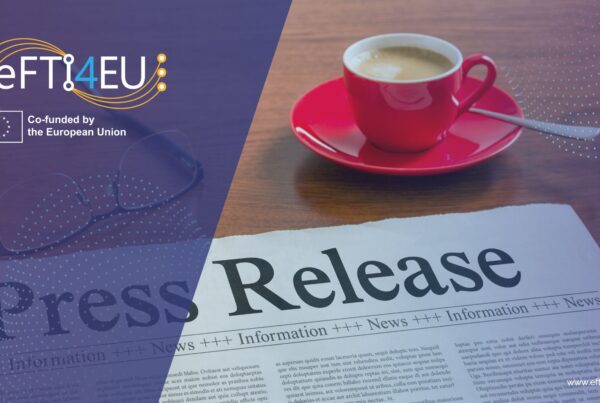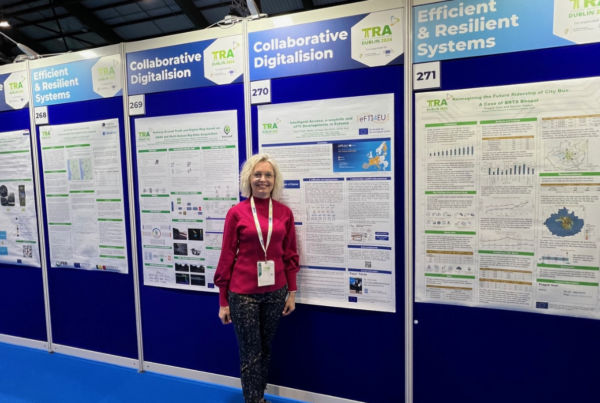The eFTI4EU project continues to make strides in fostering digital transformation in freight transport, and the recent collaboration between Nordic countries has been a key moment in its journey. These stakeholder meetings, organized in cooperation with stakeholders from Finland, Sweden, Norway, and Denmark, have played an important role in the exchange of information and best practices surrounding the implementation of the eFTI regulation.
The first of these key events took place on November 22, 2024, when eFTI was presented to members of Service Sector Employers Palta, an influential group representing freight forwarding companies in Finland. This meeting was crucial as it outlined the technical requirements for eFTI platforms, with a focus on how freight forwarding companies can comply with the regulation’s IT system requirements. This was a vital step in informing industry stakeholders about the benefits of eFTI, especially its potential to streamline logistics operations and improve cross-border transport efficiency. The discussions also highlighted the architecture of eFTI platforms, explaining the technical specifications required for certification.
On December 4, 2024, eFTI was introduced at the Smart and Automated Transport Cluster meeting. This open forum, part of Finland’s ongoing commitment to developing a smart transport ecosystem, served as a platform for the exchange of ideas between various stakeholders in the transport industry. Participants included companies, research institutions, and government agencies involved in smart mobility and automation. The cluster meetings, held about four times a year, offer a space for presenting new technologies, regulations, and best practices in the field. During the December meeting, eFTI was discussed as an enabler of more efficient logistics, with an emphasis on how the digital exchange of freight transport information could significantly streamline processes and reduce delays across borders. The presentation from this session, available in Finnish, provides detailed insights into the potential of eFTI to improve the logistics sector.
Another important milestone occurred on February 5, 2025, at the Traficom Dangerous Goods Day, an annual event for stakeholders in the transport and chemical industries. This year, the event focused on the technical regulations governing the transport of dangerous goods, with a specific spotlight on the role of eFTI in these regulations. More than 200 participants attended. The event was held in a hybrid format to allow greater accessibility. The introduction of eFTI in the context of dangerous goods transport is especially significant, as it demonstrates how digital tools can enhance safety and compliance. The use of electronic consignment notes for the transport of dangerous goods was a subject of a lively debate, with experts discussing how eFTI facilitates data exchange in a secure and compliant manner.
In addition, the Fintech Innovation Day on March 12, 2025, offered an international stage for further discussion on eFTI’s role in digital trade and finance. In this seminar, industry leaders explored policy and compliance issues related to trade finance, with a particular focus on the Multilateral eCertificate of Origin (MLETR) and its relation to eFTI. The panel discussion addressed how eFTI supports the seamless integration of supply chains both within and outside the EU. It also delved into the creation of eFTI as a standard for freight transport data, making it a central topic in the ongoing digitalisation of international trade.
These regular stakeholder meetings represent a vital part of the collaborative efforts within the countries to promote the benefits of eFTI across the freight transport sector. By involving key industry players, regulators, and national authorities in these discussions, the initiative fosters a cooperative approach to achieving interoperability and ensuring that eFTI’s potential is fully realized. The cross-border exchange of freight transport data, once a complex and fragmented process, is gradually becoming a reality — and these meetings are helping pave the way for a more streamlined and digitalized logistics landscape in Europe.






